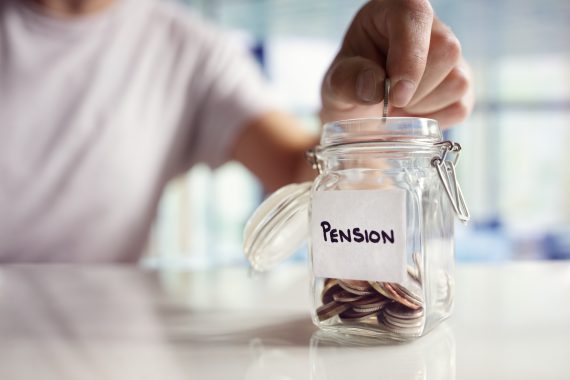GP practices may be required to pay for increased employer contributions from 2020/21, but will not have to cover the costs from April 2019, when the increases are introduced.
The Government is implementing a new employer pension contribution rate of 20.6%, in addition to a 0.08% administration charge, from April 2019 – which represents an increase of 6.3 percentage points increase from the current tax year.
Under transitional arrangements, the NHS England and the Department of Health and Social Care will take responsibility for covering the increase in employer contributions.
However, the consultations response says that the scheme will ‘return to business as usual’ in 2020/21.
The BMA has said that NHS England has promised to cover these extra costs in 2020/21, but how practices will receive this funding is still up for discussion.
In its response to a consultation on the changes, the Government said: ‘A transitional approach for 2019/20 has been agreed with NHS England and the scheme administrator, the NHS Business Services Authority.
‘In 2019/20 an employer rate of 20.6% (20.68% inclusive of the administration charge) will apply from 1 April 2019.
‘However, the NHS Business Service Authority will only collect 14.38% from employers. Central payments will be made by NHS England and the Department of Health and Social Care for their respective proportions of the outstanding 6.3%.’
It later added: ‘Arrangements for 2020/21 will be confirmed in due course, with the expectation that the scheme will return to “business as usual” arrangements in 2020/21 both in terms of contribution collections and funding flows.’
The vice chair of the Association of Independent Specialist Medical Accountants, Deborah Wood, said this meant there would be ‘no immediate effect on GP practices’.
She said: ‘For 2019/20 a transitional approach is being applied so that 6.3% will be paid directly by NHS England to the pension scheme.
‘Therefore, from a cashflow point of view there will be no immediate effect on GP practices. In 2020/21 GP practices will pay the full 20.68% but should have received funding to cover the extra cost.’
She told Pulse that GP practices should ensure they are clear on where the extra funding will come from to cover the increased contributions from April 2020.
She added: ‘What GPs have to watch for is when April 2020 comes along and that employer contributions will be paid in the normal way at the new full rate, that they have a clear trail of where the funding to reimburse that is coming into the practice.’
BMA GP committee finance lead Dr Krishna Kasaraneni, said: ‘Practices can be assured that the extra burden of the employers’ contribution to the NHS pension scheme will be directly paid for by NHS England for 2019/20.
‘We already have an agreement with NHS England to see how best to implement this for the future, taking into consideration that this is an added expense that must be factored into GP funding from next year onwards.’
He added: ‘Amid a growing recruitment and retention crisis in general practice – that has been exacerbated by current pensions issues such as allowances and annualisation – we need to ensure that any changes to pensions going forward have a positive impact on the profession.’
Please note this headline was changed at 8:45am on Wednesday 6 March. It originally stated that GPs may have to pay for the increased costs. The BMA has asked us to point out that NHS England has said it would provide funding for the increased costs, but it is not yet decided how practices will receive this money
Pulse October survey
Take our July 2025 survey to potentially win £1.000 worth of tokens













